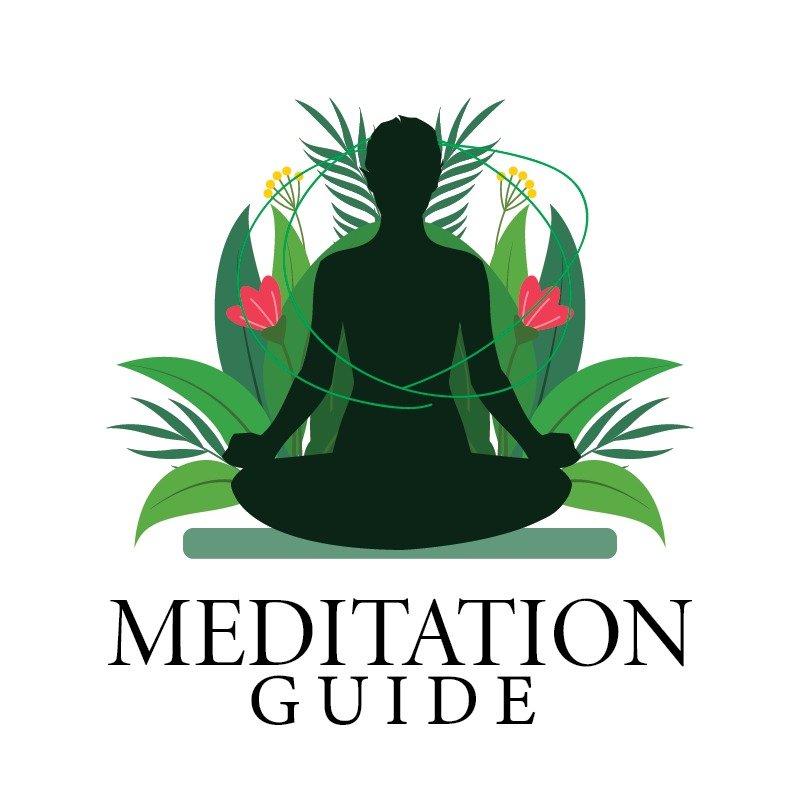
There are many ways to meditate, but deep meditation is the most powerful. If you’ve never meditated before, it might be hard to know what deep meditation really feels like. That’s why this post will show you what deep meditation is and how to find the right state of mind.
Deep meditation has been proven to contribute to a person’s mental health, spiritual awareness, and physical well-being. This is because it slows down your heart rate, lowers blood pressure, and oxygenates your brain.
It can also increase creativity and intuitive thinking. Finally, practitioners often report that they feel more connected to themselves after meditating on their own for an extended period of time.
How to Achieve a Deep State of Meditation
The practice of deep meditation can help people with depression, anxiety, and stress. It can also help them deal with their daily life and work more efficiently. Those who have trouble focusing might try a simple guided meditation. A guide can teach them how to make the most of deep meditation.
A therapist can also give advice on how to achieve a deeper state of meditation. The goal of this process is to increase one’s sense of well-being and to overcome the problems associated with anxiety.
While it is possible to achieve a deeper state of meditation with the help of a guide, many people experience frustration when it comes to this practice. However, this calmness can be a positive experience. It can help people release blocked energy and make them feel satisfied with life in the present moment.
Further, it can be very beneficial to meditate with the help of a deep meditation instructor. If the person can learn to focus on the mantra, the deep meditation process will be more effective.
When practicing meditation, it is important to remember that the mind is a dynamic energy that moves from surface awareness to a subtle one. This process will require the practitioner to monitor their thoughts and emotions as they arise.
While embracing thoughts will only cause the individual to lose their sense of awareness, resisting them will re-excite the mind and cause the person to go into a deep state of meditation. Then, the person will be able to experience the true nature of being.
During deep meditation, the body is in a state of complete detachment from what they are doing. During this stage, the body’s breathing rate is elevated and the observer may drool on himself.
As the body is able to focus, it will naturally take in deep air and begin to expand spiritually. The goal is to achieve a state of blissful and deeply conscious consciousness.
Several people who practice meditation find it difficult to practice. They have difficulties with the process, but if they have a deep state of meditation, they can use this to help others. Similarly, if they are unable to meditate, they can meditate by listening to music.
A deep meditation will allow you to listen to the music while the mind is in a relaxed state. Some people find it difficult to meditate alone. In the deep state of meditation, the person will tune into other people’s sensory experiences, such as sounds, and even a sage-like figure.
A person who practices deep meditation will often associate it with objects. The location of their meditation is important. It is important to choose a location that is conducive to this type of meditation. This will help the person associate it with the space.
This will make it easier to achieve a deeper state of mind. For example, if the person meditates while washing dishes, he may imagine the object as a sacred image. For a deeper state of consciousness, the person may focus on his breath.
Benefits of Deep Meditation
Research shows that regular practice of deep meditation can boost the brain’s functioning and improve psychological well-being. The most notable benefit is its ability to reduce stress and substance abuse. However, the benefits of deep meditation go beyond physical health.
Here are several reasons why. The first is that it improves your attention span. During meditation, your mind can become overly active and distractible. By practicing meditation, you can calm your mind and improve your attention span.
When it comes to reducing stress, meditating can help. It can also improve your body’s hormonal balance, which is necessary for reducing heart disease risk. Moreover, meditating can help you recover from traumatic experiences such as accidents and abuse.
Aside from this, meditation can improve your emotional health and reduce your levels of anxiety. Practicing meditation will also help you feel more relaxed. It can even reduce the incidence of depression.
Another major benefit of deep meditation is that it improves your overall health. This is because it promotes general concentration. During meditation, you will not be distracted by thoughts. This is why it can improve your general health.
You will be able to deal with your daily problems in a better manner. It also allows you to focus on a specific object and pay close attention to it. In addition to this, it can alleviate your symptoms of chronic diseases and increase your overall well-being.
It’s possible that deep meditation can help you focus on your work. It can also eliminate social awkwardness and make you more productive. During this time, your body and mind will be in a state of PRESENCE. Your mind will not engage in logic and will become more relaxed and productive.
You’ll be able to work more efficiently and earn more money. It can also make you richer. You won’t be irritable, and you’ll find it easier to make friends and socialize.
Meditation helps people with chronic pain and increases their tolerance for it. By reducing activity in a pain-related part of the brain, meditation can reduce the pain that you feel. It also improves memory and helps people with dementia.
This type of meditation is particularly beneficial for those who are suffering from age-related memory loss. It can improve your concentration and help you avoid age-related problems. In addition, it reduces the risk of developing Alzheimer’s disease.
Conclusion
Deep meditation requires a comfortable space, it is also very helpful to have a comfortable environment. The environment should be quiet and free of distractions. Sitting in a chair or a sofa is not a good place to practice this technique. The person should be seated tall. The position of the body is important when practicing deep meditation. In addition to a quiet room, the person should sit upright. While practicing yoga, he should also take his time to sit on a pillow in a good posture.







